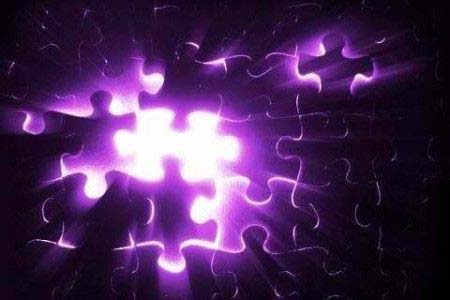
Counselling for Anxiety & Depth Psychotherapy, 2: Flow
We are all know from our experience of anxiety that we are not really in the present when gripped by an anxious state. Psychologically, anxiety pulls us into the past or the future -- and possibly both.






